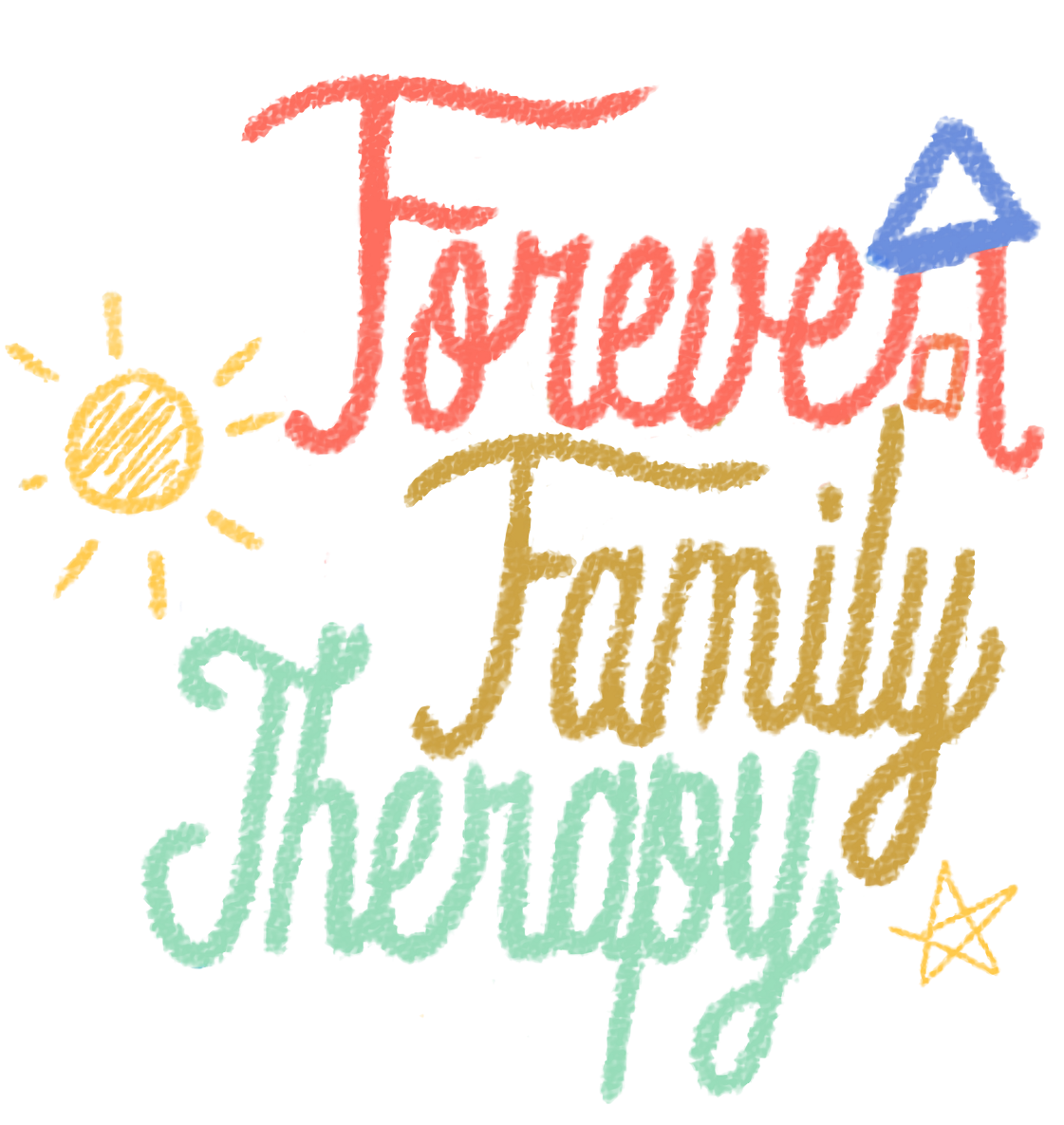I like many other Americans have been captivated by the Kavanaugh appointment hearing in the last 6 weeks or so. If you’re unsure of what I am referring to typing in “Kavanaugh” to any search engine will likely produce an outpouring of articles, some created in the spirit of authentic journalism, others from a radical right or left-wing political viewpoint and far too many from a position of perceived hatred for one “side” or the other.
The hashtag #IBelieveHer and #IBelieveHim have pressed and depressed out the possibility of a grey area, grey area meaning the need for critical thinking, wondering, self-reflection and learning. Because this topic (of sexual assault, consent for sexual experiences) has become a metaphorical black and white issue; either you unequivocally believe him or unequivocally believe her, the conversation has stopped entirely. As any counselor might tell you, not talking about something (whether emotions, situations or trauma) doesn’t mean those things no longer exist - they still have impact as will the Kavanaugh hearing on our nation and the kids we bring up. The challenge now stands to understand the narrative about consent and sexual assault and learn how to actively teach younger people about it.
If you choose to engage in this conversation with your children you may benefit from sticking to these central themes while also remaining true to your family values and culture. As with any planned conversation with a child or teen, remember that how you feel about the topic and how you feel as the time to have the conversation approaches is critically important. The energy we bring to a conversation with another impacts the way they receive or respond to the content of the conversation. If you want your child to respond openly, ask yourself ‘do I feel open about this issue? Am I feeling comfortable, as I want my child to feel while talking about this?’ If you aren’t in a space where you feel generally neutral or not totally emotionally charged take time and space for yourself. Counterintuitive to messages we get about “good parenting” this is the first step toward becoming a more aware and present parent.
Conversational themes:
Our bodies belong to us: this is a great place to start because it is applicable to all children regardless of sex/gender. The primary lesson we can learn from the Kavanaugh hearing is that kids need to and have the right to feel connected to their bodies and safe enough to verbalize when they do or do not want to be touched. The overall skills this concept develops are self-awareness, assertiveness, refusal skills, boundary setting, attachment.
Others bodies belong to them: In reverse, we can teach our children that just as our bodies belong to us that also means that others bodies belong to them. This requires our kids to learn to listen to the words and body language of others. I tend to advocate for parents to relate content to their children first so they can understand because kids are egocentric creatures who see things from their point of view (normal, often highly frustrating). Once they can apply the material appropriately to themselves then they be able to understand how it applies to their peers. Skills this concept develops include active listening, respect of others boundaries, question asking (consent)
If they are assaulted you will believe them: Despite fears that an alleged perpetrator will be falsely accused there is overwhelming evidence that victims & survivors won’t be believed. The testimony of Dr. Ford required many survivors to revisit their past experiences, often characterized by someone at some point who implied or outright accused them of dishonesty. It also called all of us to make a judgment about her truthfulness. Reassure your youth that if they are ever sexually assaulted and decide to tell you that you will believe them entirely. Being told by your youth about their assault is to be considered an honor, if you think about how private and traumatic this experience truly is.
Starting with those very basic concepts it’s shocking how much youth already know and have experienced sexual assault, whether personally or through witness of a loved one. Approaching challenging topics such as this only becomes harder when approached out of fear and not love. When it comes to the youth in our life we show love by preparing them as best we can for the obstacles all humans face in late adolescence and early adulthood. And though we hope our youth never struggle with being assaulted, being guilty of assault or falsely accused of assault their awareness of such issues is the first step in supporting their success in future, loving relationships.
With Gratitude,
Te

